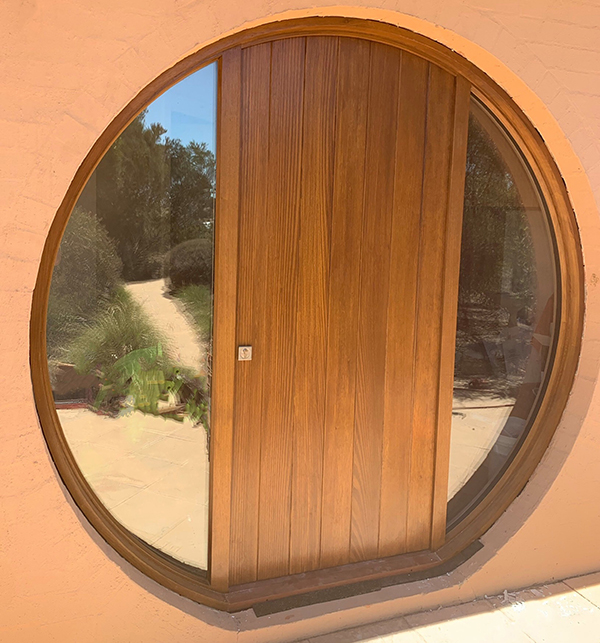Click here to view our latest blog
Biophilia - Wood in the Built Environment

Biophilic design incorporates the innate affinity of humans for nature by including elements of the natural world in building design. Interaction with
nature can relieve stress, increase health and encourage a positive mindset. How can you design buildings which are that good for people?
It is important to connect living spaces of the home with nature, to bring in natural light and incorporate outside views. Designing well ventilated spaces
means that ample fresh air can pass through open windows and doors, and the use of natural materials for the interior and exterior of a build can enhance
wellbeing. Materials that have a tactile quality bring a level of comfort, giving occupants a sense of ease and seem to make people happier.
Biophilic design
Findings as per a report prepared for Forest and Wood Products:• Office design: productivity can be increased by 8% and rates of well-being increased by 13%
• Education spaces: increased rates of learning, improved test results, concentration levels and attendance, reduced impacts of ADHD
• Healthcare spaces: post-operative rates of recovery reduced by 8.5%, reduced pain medication by 22%
• Retail: the presence of vegetation & landscaping has been found to increase average rental rates on retail spaces with customers indicating they were willing to pay 8-12% more for goods and service.
• Homes: 7-8 % less crime attributed to areas with access to nature and can command an increase of 4-5% in property price
One of the building products that can be made of wood are windows and doors. Not only are timber windows good for you as they connect you with nature, they are also a sustainable resource. In managed forests, more trees are planted that harvested.
Compared to aluminium, timber has 2000 times the resistance to heat transfer (U-value), making timber framed windows much better for energy efficiency, lowering energy costs when made to seal well.
While aluminium can be recycled, it initially takes 5 times more energy to produce than timber. Timber acts as carbon storage, not only while the trees grow, but carbon is also incapsulated in the finished timber product, like furniture or window frames.
Australians are now spending over 90% of their time indoors and it is seemingly becoming the responsibility of the built environment to keep us all healthy. Timber windows and doors can play a big part in connecting people with nature.
Ready to talk windows and doors for biophilic design? Let’s get started
Picture and installation of door by Smith & Sons Tuggeranong / Canberra
Visit Forest and Wood Products Australia